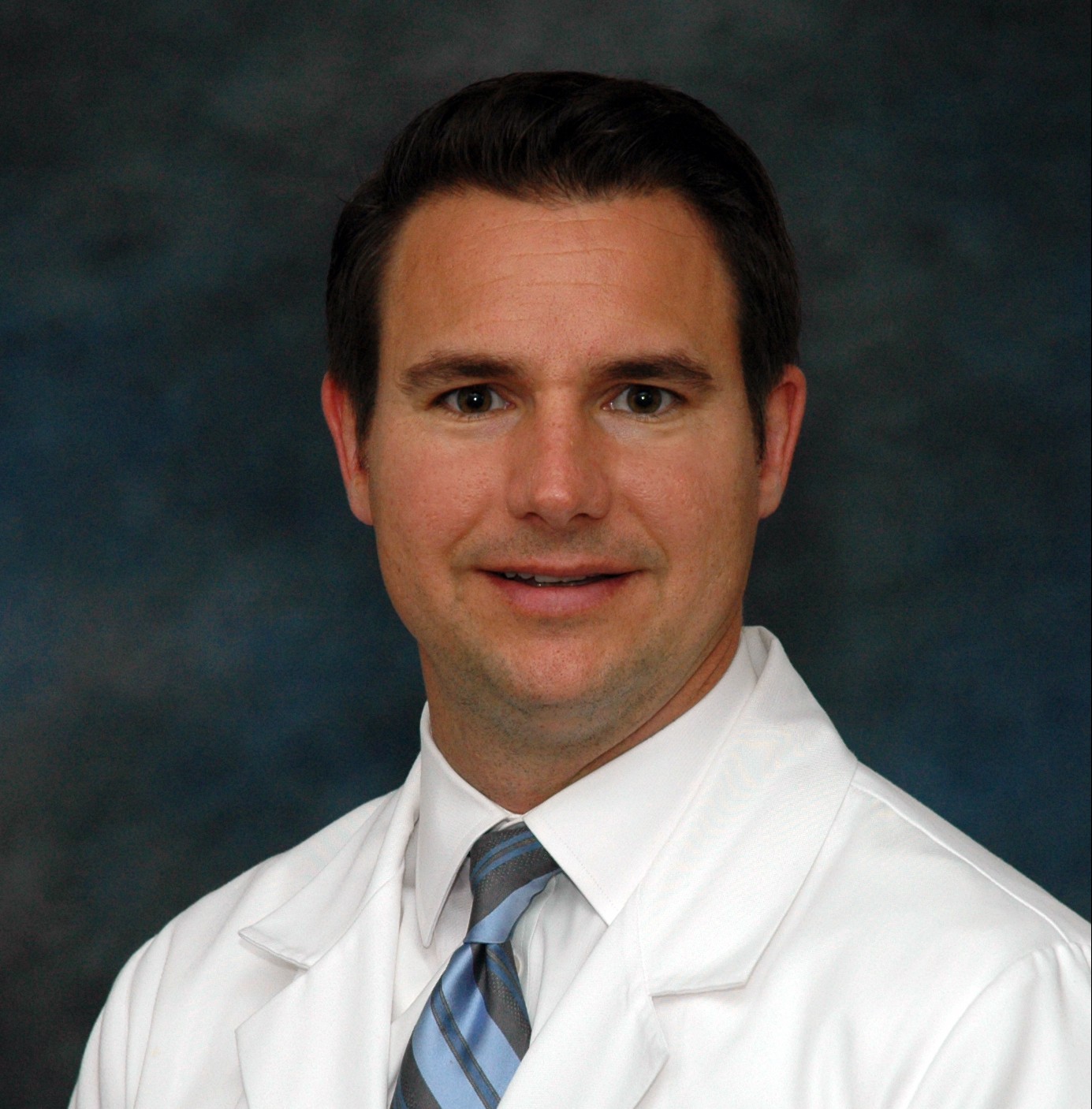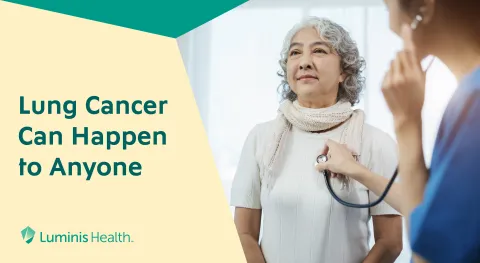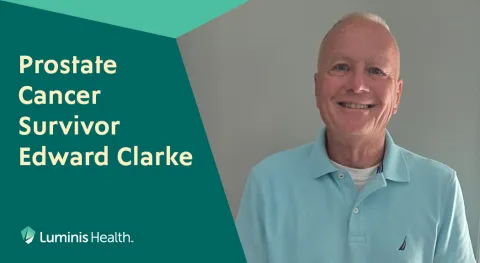by Luminis Health

Lung cancer remains the most common cancer in the world. According to the American Cancer Society, lung cancer is the leading cause of cancer death among men and women — about one out of four cancer deaths are from lung cancer. While a small number of people who have lung cancer have never smoked, the biggest risk factor is smoking. Other risk factors are having an immediate family member with lung cancer, and exposure to radon, asbestos, and other chemicals that are harmful to your lungs.
If lung cancer is found early, before a person has any symptoms such as coughing up blood, chest pain, difficulty breathing or unexplained weight loss, there is a better chance of curing the disease. In the past, only 16 percent of lung cancers were found early and often by accident. That is changing quickly, thanks to the results of the National Lung Screening Trial (NLST).
Take our pledge to love your lungs, and be entered to win a $50 Visa gift card!
The NLST showed that having a low dose chest CT scan every year was more helpful than a chest x-ray in finding early lung cancers. Because of this, men and women between the ages of 55 and 80 who have a heavy smoking history, and currently smoke or have quit within the last 15 years, are recommended to have a low dose chest CT scan. It is important to have the CT scan every year because lung cancer can develop at any time.
We began our lung cancer screening program here at Anne Arundel Medical Center (AAMC) in 2012. For the past several years, we have worked hard to educate the public and medical providers on the importance of lung cancer screening. The biggest difficulty has been spreading the word about how important screening is for high risk people. As with any new test or treatment, it can take a while for both healthcare providers and community members to get used to the idea.
To decrease your risk of lung cancer, the most important decision is to try to quit smoking. Those who have already quit have overcome a major hurdle.
November is Lung Cancer Awareness Month, a time to come together and stand up to the leading cancer killer. Join us in preventing a death by spreading the word to those who may be at risk. Lung cancer doesn’t have to claim so many lives.
If you think you are at risk or know someone who is, talk to your doctor. You can also contact the AAMC Lung Screening Program at 443-481-5838. If you are making the decision to quit smoking, help is readily available. Contact AAMC’s smoking cessation program at 443-481-5366.
 Stephen Cattaneo, MD is a thoracic surgeon and medical director of thoracic oncology at Anne Arundel Medical Center.
Stephen Cattaneo, MD is a thoracic surgeon and medical director of thoracic oncology at Anne Arundel Medical Center.
Originally published Nov. 6, 2017. Last updated Nov. 18, 2019.



